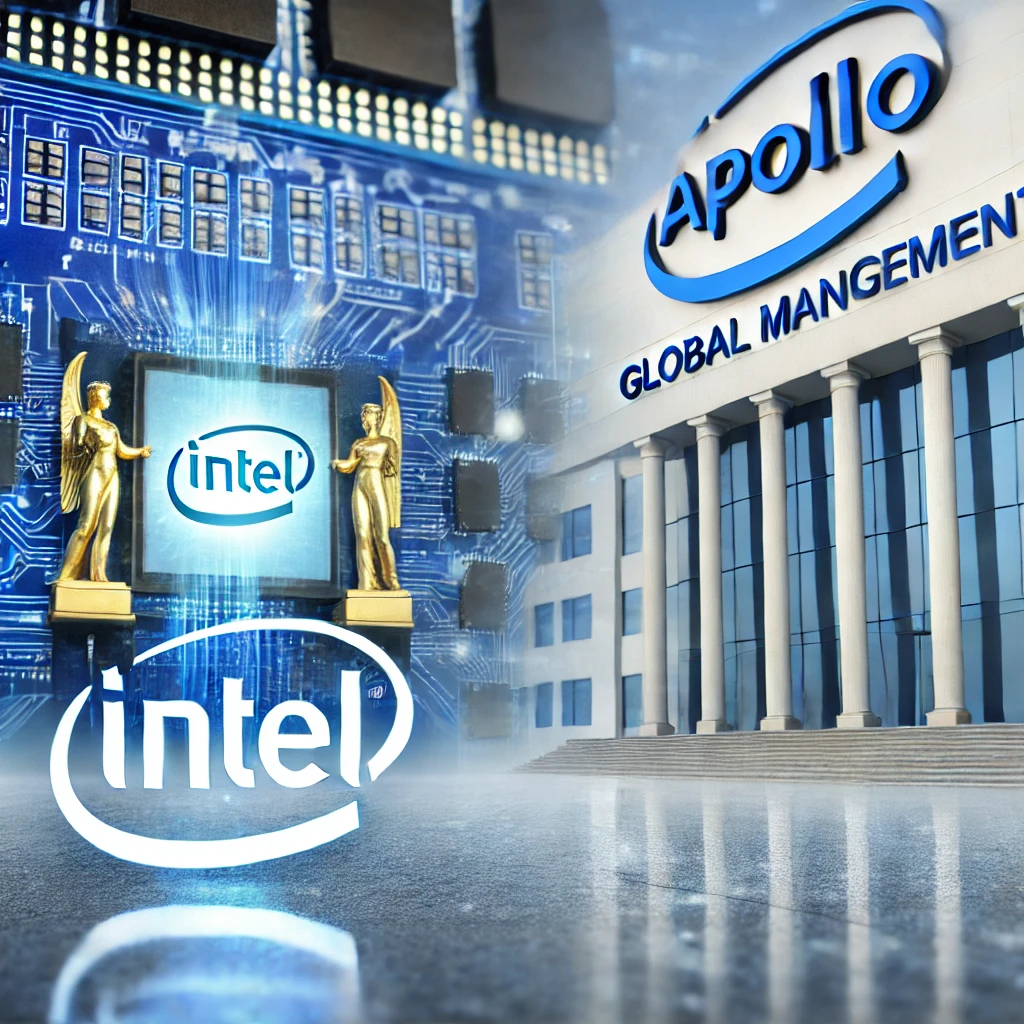As the digital landscape continues to evolve, Mark Zuckerberg, CEO of Meta (formerly known as Facebook), is steering his company towards a future heavily influenced by artificial intelligence (AI). In a recent earnings call, Zuckerberg hinted at significant AI investments that could redefine Meta’s business model, emphasizing not just growth but also the infrastructure necessary to support AI’s expanding role.
Strategic AI Investment
Zuckerberg’s vision for AI at Meta is twofold: accelerating the core business through AI innovations with a strong return on investment (ROI), and enhancing the company’s infrastructure to support these advancements. “First, it’s clear that there are a lot of new opportunities to use new AI advances to accelerate our core business that should have strong ROI over the next few years,” Zuckerberg explained. He also underscored the necessity for substantial infrastructure investments to support these AI initiatives.
Financial Implications
The market’s reaction was mixed, with Meta’s stock slightly declining by about 1.8% post-earnings. Analysts at Jefferies projected a robust increase in expenses, estimating next year’s total at $110 billion, a 14% rise from this year’s $97 billion, with capital expenditures jumping 33% to $52 billion. This financial commitment reflects Meta’s serious intent towards AI, which has been noted positively by investors when they see tangible progress and understand the long-term vision.
AI’s Current Impact and Future Prospects
Meta has already begun to reap benefits from its AI investments. Over one million advertisers have utilized Meta’s generative AI tools to craft over 15 million ads in just the last month. Moreover, Meta AI, the company’s chatbot integrated across platforms like Instagram and Facebook, has attracted over 500 million monthly users, positioning it potentially as the world’s leading AI assistant by year’s end. AI-driven features have also boosted user engagement, with an 8% increase in time spent on Facebook and a 6% increase on Instagram.
Investment Justification
The strategic investments are seen as justified by industry analysts. Scott Devitt from Wedbush highlighted that the increased investment is warranted given the current benefits AI brings to Meta and its potential for future growth, particularly in areas like Reality Labs, which focuses on virtual and augmented reality. Despite Reality Labs reporting an operating loss of $4.43 billion for the recent quarter, and forecasting further increases in losses, the long-term vision for AI integration remains strong.
Market and Analyst Perspectives
Bank of America researchers suggested that Meta’s focus on AI could lead to positive product innovations in coming quarters, potentially including AI-enhanced customer services or new AI-driven ad formats. This could further fuel investor optimism, especially with Meta’s third-quarter results showing robust net income growth to $15.69 billion and revenue surpassing expectations at $40.59 billion, a 19% increase year-over-year.
Conclusion
Mark Zuckerberg’s push towards AI is not just about keeping up with technological trends but about setting the pace. Meta’s strategy involves significant financial commitments but also promises substantial returns through enhanced user engagement, innovative advertising, and potentially new AI-based revenue streams. As Meta continues to iterate and publicize its AI advancements, it’s clear that Zuckerberg is betting big on AI to redefine the digital interaction landscape. However, as with any massive investment, the key will be in execution and the ability to translate these technological advancements into sustained business growth and shareholder value.



